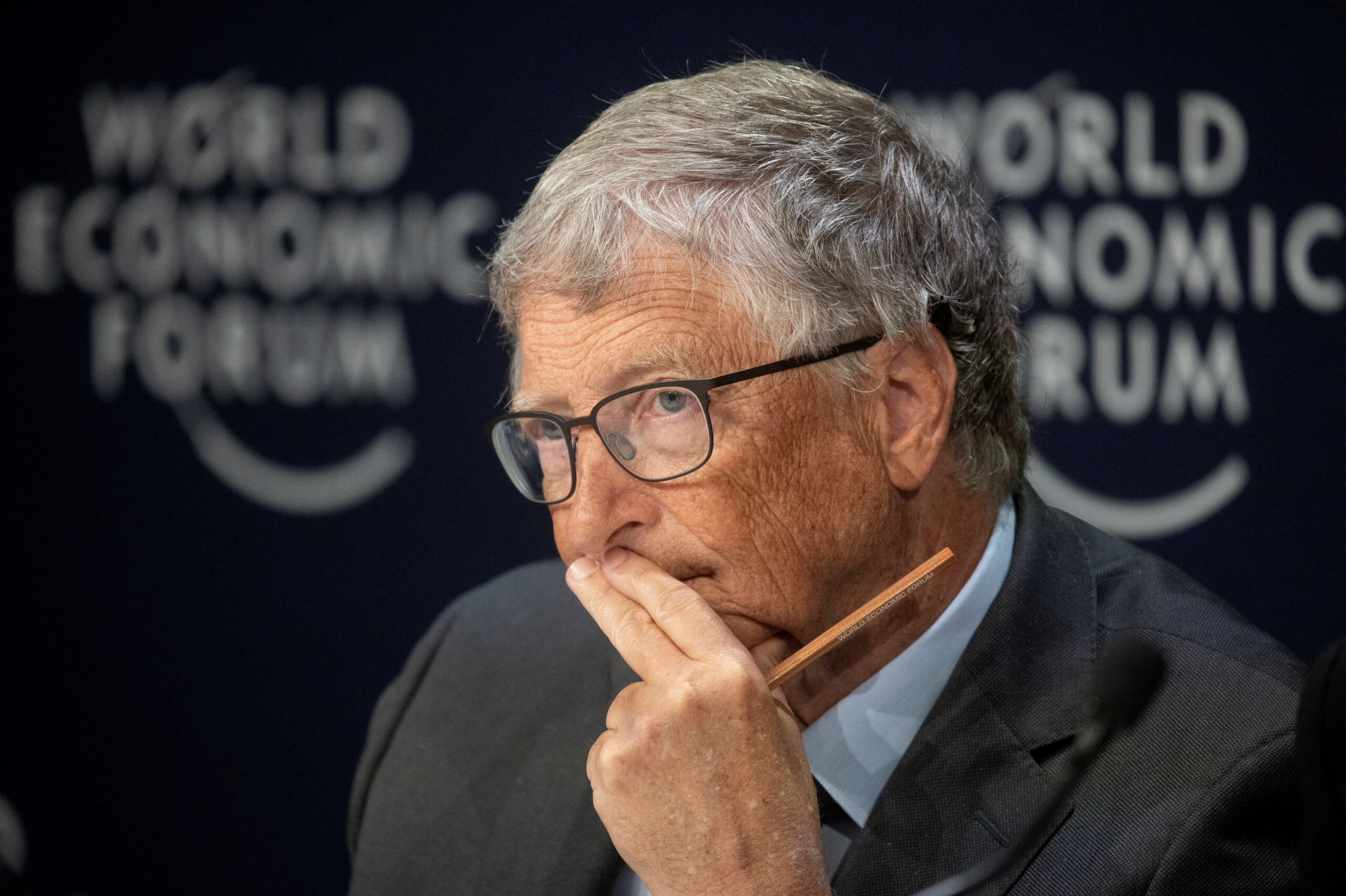Dr. Anthony Fauci, a key adviser to two presidential administrations during the COVID-19 pandemic, has reversed his stance on school closures, admitting in a recent interview that keeping schools closed for more than a year was a “mistake.” This acknowledgment comes as a significant shift from his earlier position, where he defended the extended closures despite increasing criticism.
In a Tuesday interview with “CBS Mornings” co-host Tony Dokoupil, Fauci reflected on the impact of the prolonged school closures. “Keeping it for a year was not a good idea,” the former director of the National Institute of Allergy and Infectious Diseases (NIAID) conceded while promoting his new memoir, “On Call: A Doctor’s Journey in Public Service.”
When asked directly by Dokoupil if the prolonged closure was a mistake and something to avoid in the future, Fauci responded, “Absolutely, yeah.”
Throughout the pandemic, Fauci had maintained that the initial decision to close schools was necessary to control the spread of the virus. In sworn congressional testimony and various media appearances, he supported the Centers for Disease Control and Prevention (CDC) guidelines that led to school closures, arguing they were based on the broader community’s infection rates.
During the summer of 2020, Fauci clashed with former President Donald Trump over reopening schools. Trump criticized the CDC’s stringent guidelines, calling them impractical, while Fauci emphasized the importance of controlling the virus’s spread before safely reopening schools.
By September 2020, some schools that reopened reported less than 1% of COVID-19 cases, according to Brown University’s National COVID-19 School Response Data Dashboard. A CDC study in January 2021 found “little evidence that schools have contributed meaningfully to increased community transmission,” which further fueled the debate on the necessity of prolonged school closures.
Despite this emerging data, many schools remained closed due to pressure from powerful teachers’ unions and ongoing concerns about community transmission rates. Fauci, at the time, continued to stress caution and the importance of low transmission rates before resuming in-person learning.
The prolonged closures had significant impacts on students’ education and well-being. In September 2022, the US Department of Education released statistics showing reading scores among nine-year-olds had plummeted to their lowest point in 30 years, while math scores fell for the first time ever in a half-century of tracking.
In an October 2022 interview with ABC News, Fauci avoided labeling the extended closures as a “mistake,” cautioning against taking his comments out of context. However, he acknowledged the “deleterious collateral consequences” of such measures.
In his recent CBS interview, Fauci maintained that the initial closures were correct but reiterated that keeping them for a prolonged period was not advisable. “I kept on saying, ‘Close the bars, open the schools, open the schools as quickly and as safely as you possibly can,’” Fauci recalled. He emphasized the importance of acting swiftly and safely to reopen schools to minimize harm to students.
A spokesperson for the House COVID subcommittee majority echoed this sentiment, stating, “The ‘science’ promoted by teachers’ unions and public health officials never justified prolonged school closures. Safely returning our children to school as soon as possible should have been the top priority.”
Dr. Fauci’s recent acknowledgment marks a significant shift in the narrative surrounding school closures during the COVID-19 pandemic. As the nation reflects on the lessons learned, it is crucial to ensure that future public health responses balance safety with the well-being and educational needs of students.


You must be logged in to post a comment Login